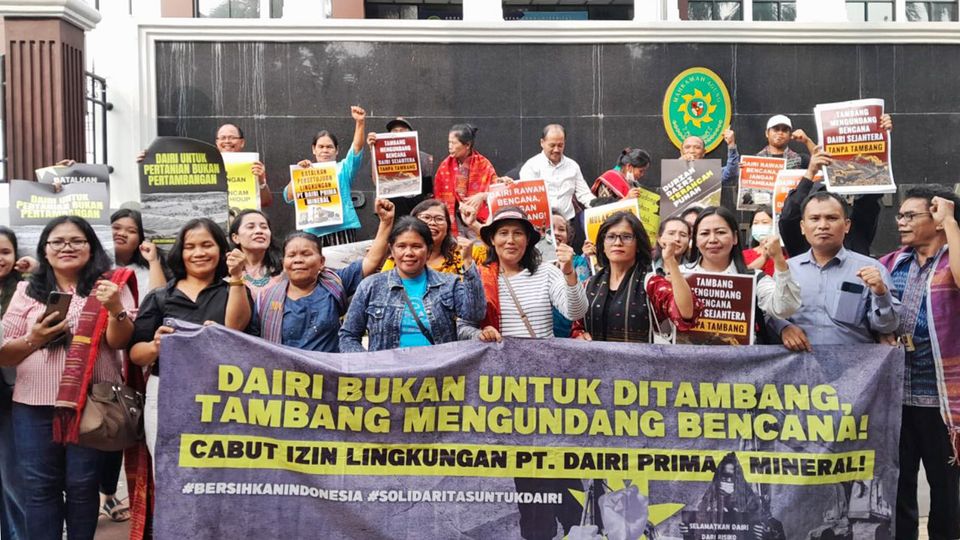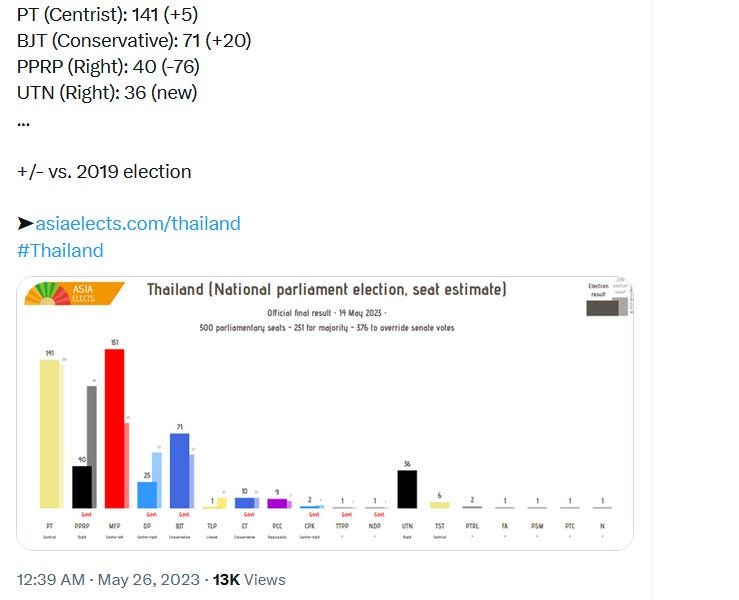Asia Undercovered Round-up: 14 Sept 2023

This week: 6 year of suffering for the Rohingya, the impacts of Manipur violence on Kuki women, and how farmers won a case against harmful Chinese-run zinc mining in Indonesia

Undercovered last week
It's been six long years since the Myanmar military drove out hundreds of thousands of Rohingya from their homeland to refugee camps in neighboring Bangladesh. The world has mostly forgotten them, but, as Arunn Jegan reports in this piece, disease has not, as conditions worsen in what are essentially slums (Lowy Intepreter).
Meanwhile, not far, in the Northeast Indian state of Manipur, refugee camps are now hosting Kuki women, who fled their homes after communal violence erupted in their homeland. They fear going home, reports Sanskrita Bharadwaj for Behan Box.
Meanwhile, air pollution, particularly in urban areas, is cutting the life expectancy of Pakistan residents by four years, among the worst in the world (Aleezeh Fatimah, Dawn).
In South India, a persistent letter-writing campaign is targeting at least 61 Kannada writers and liberals - most of them known for their advocacy against communalism, religious radicalism, and right-wing Hindutva (Pooja Prasanna, The News Minute).
Deeply worrying. In Hong Kong, a group that advocated for the use of Cantonese has shut down, after their founder's home was raided for a piece of fictional writing that was, apparently, in violation of the National Security Law.
Apparently, the Chinese social media app WeChat has closed, without warning, a number of accounts dedicated to gay, trans, and feminist issues. It follows a trend where feminist and LGBTQ+ activism is no longer acceptable under Xi Jingping (China Digital Times).

Electoral Politics
2024 will be a big year for elections, and one in particular to watch is Indonesia. There, former rival and two-time candidate Prabowo Subianto is gaining momentum to succeed term-limited Joko Widodo, who is providing silent but tacit support (Liam Gammon, East Asia Forum).
Malaysia saw state elections last month, the first since the new government took over. But they ended up upholding the status-quo, with all incumbent governments holding on, but there were some signs of change, including growth by the right-wing Perikatan Nasional and persistent weakness by Pakatan Harapan among Malay votes (Ian Hollinger, Southeast Asia Globe).

Geopolitics
Worth reading: This piece in Madras Courier that explores whether or not the BRICS grouping, which includes China and India, two unlikely allies, is "China-dominated" or not.
And the new Thailand government – which is missing the largest party in Parliament – is planning to court China. It, argues Arun Saronchai, both ignores economic realities and puts the country at geopolitical risk (Thai Enquirer)

Solutions Stories
A group of women farmers have won a court case against a massive China-backed zinc mine in Indonesia, revoking its environmental permit and putting its future operation at risk. It shows that people can win, even against huge odds (Mongabay).

Asia Undercovered: Round-ups and in-depth analysis of the news, events, trends and people changing Asia, but not getting enough attention in the US media. Curated by journalist Nithin Coca.





Member discussion